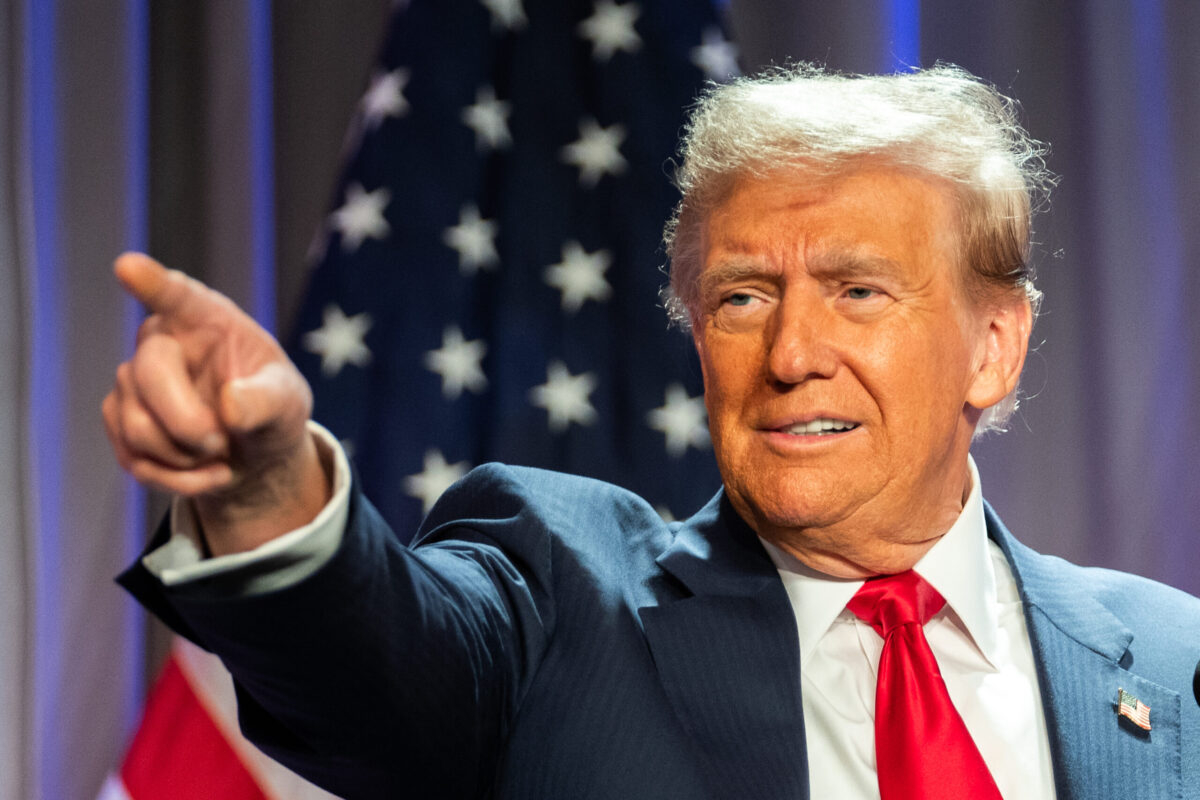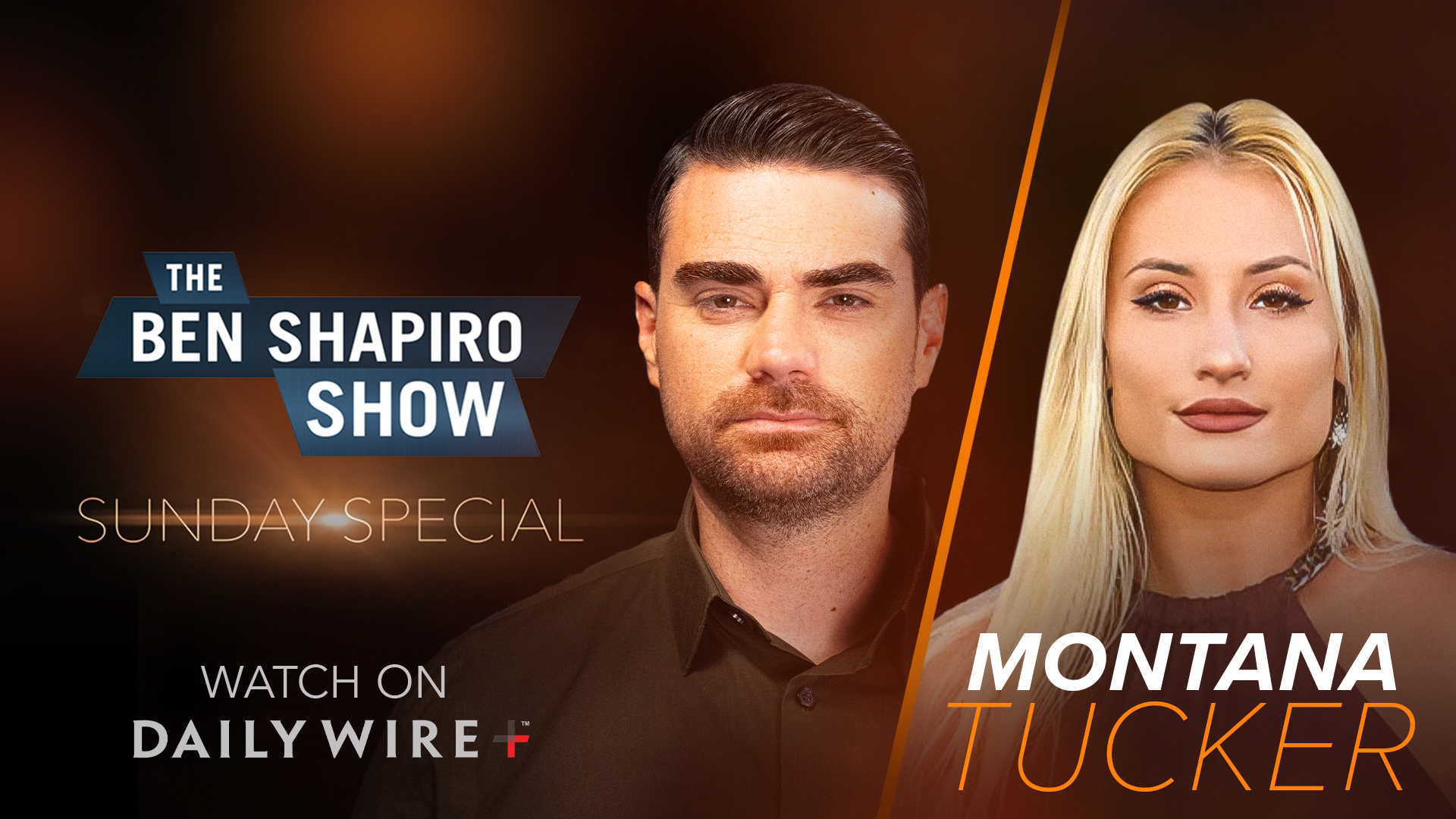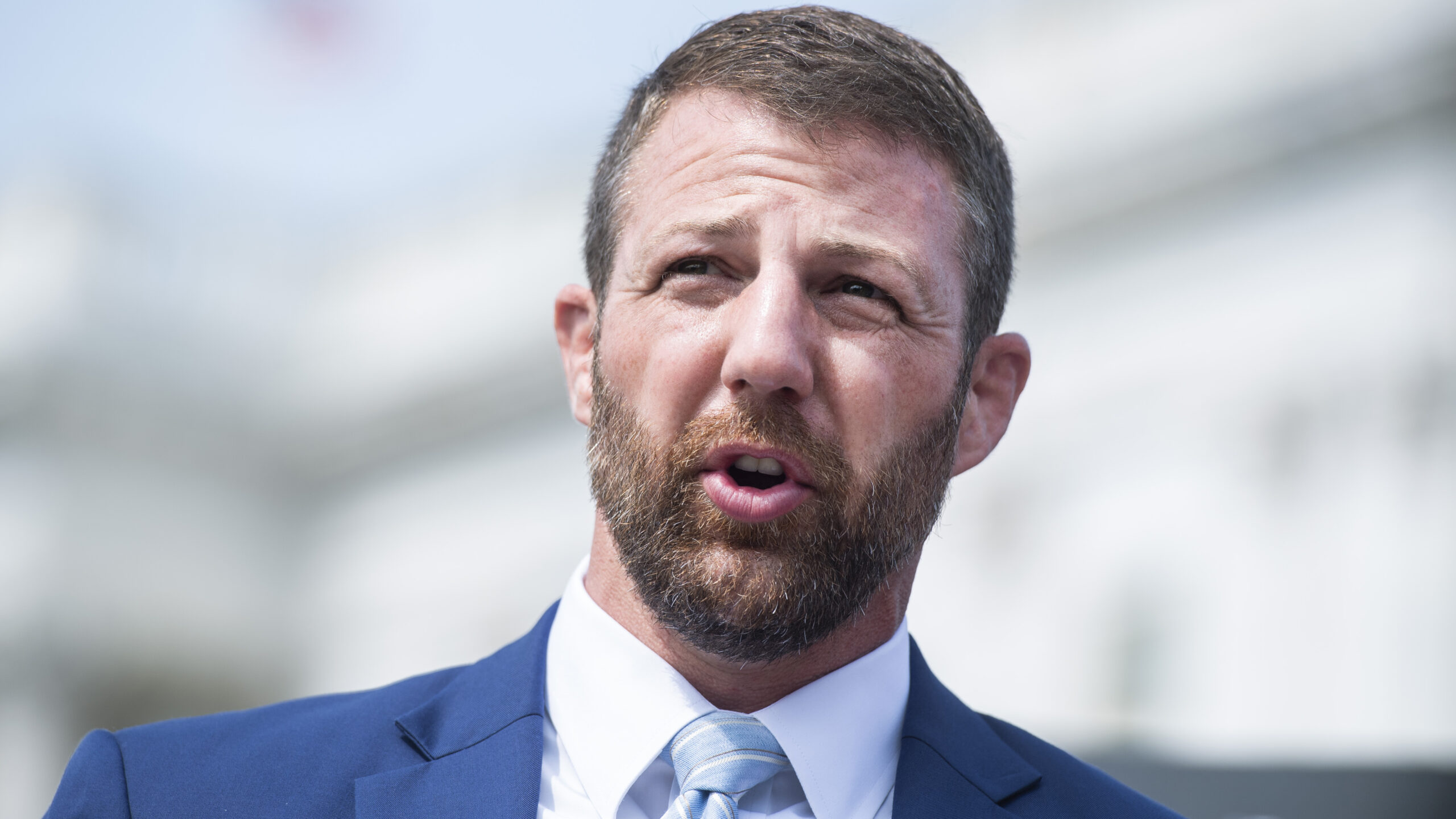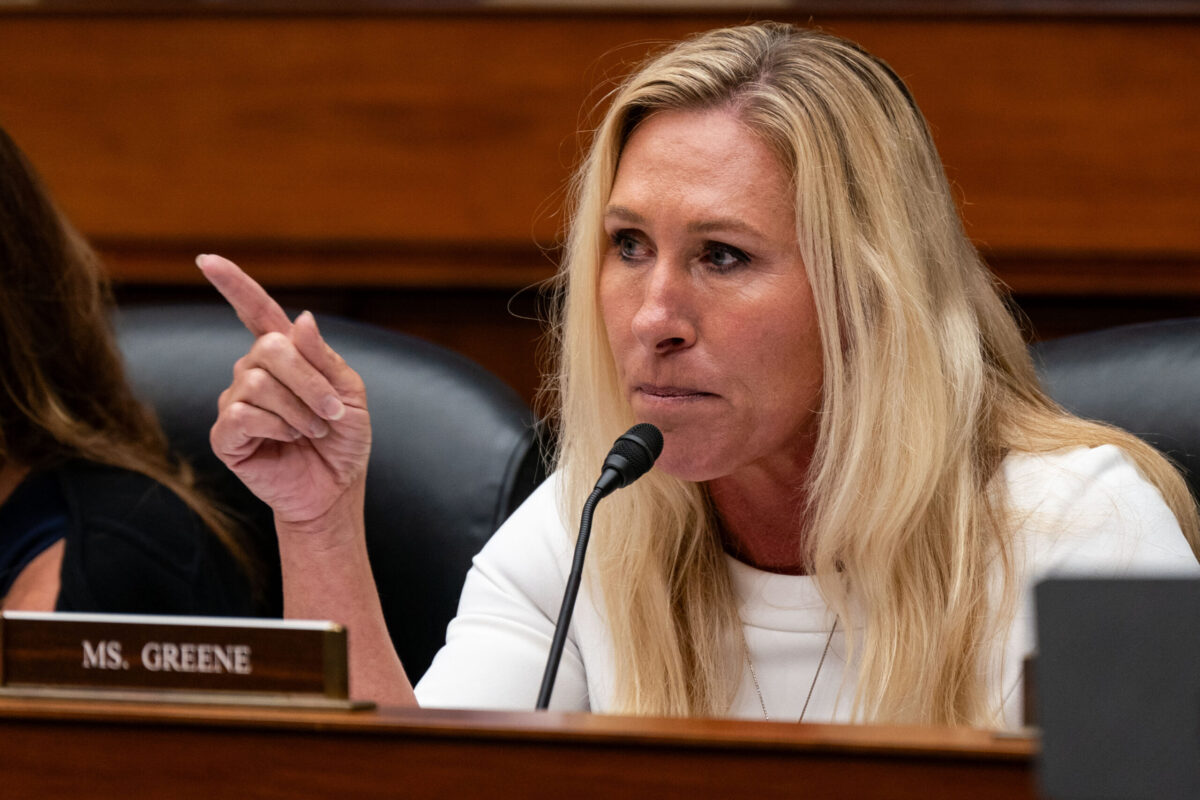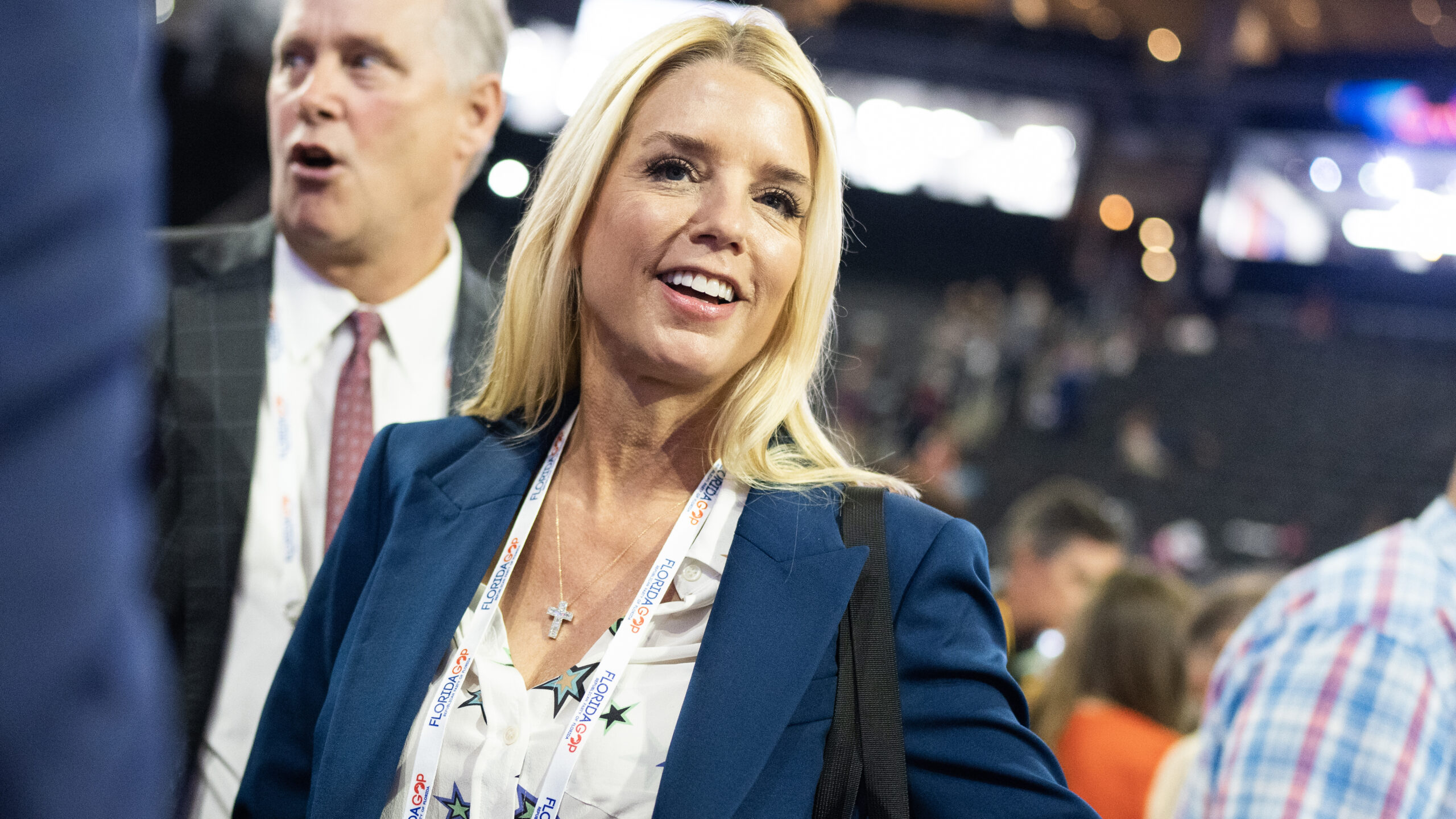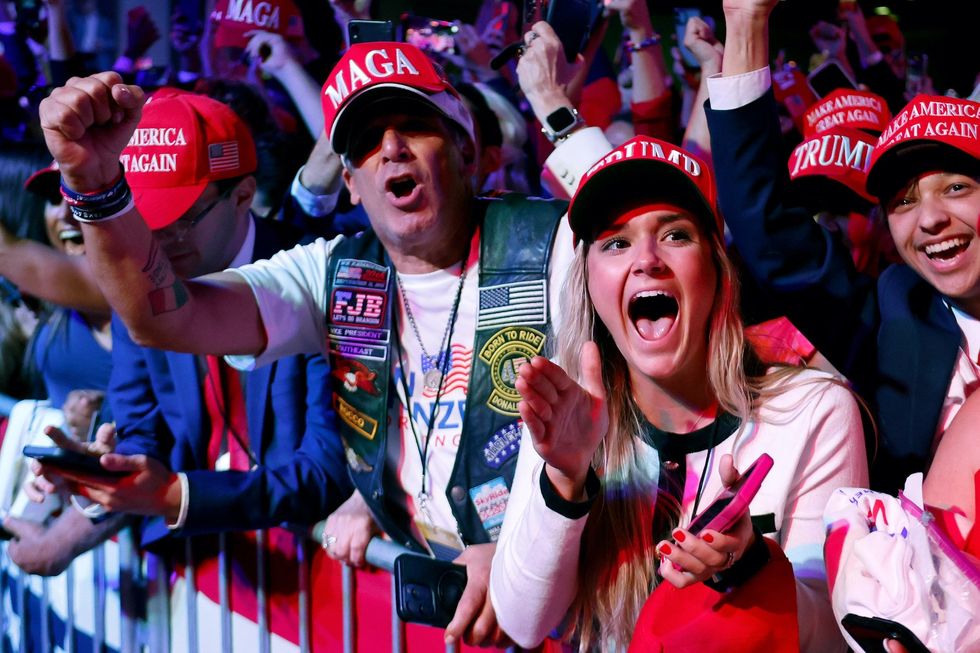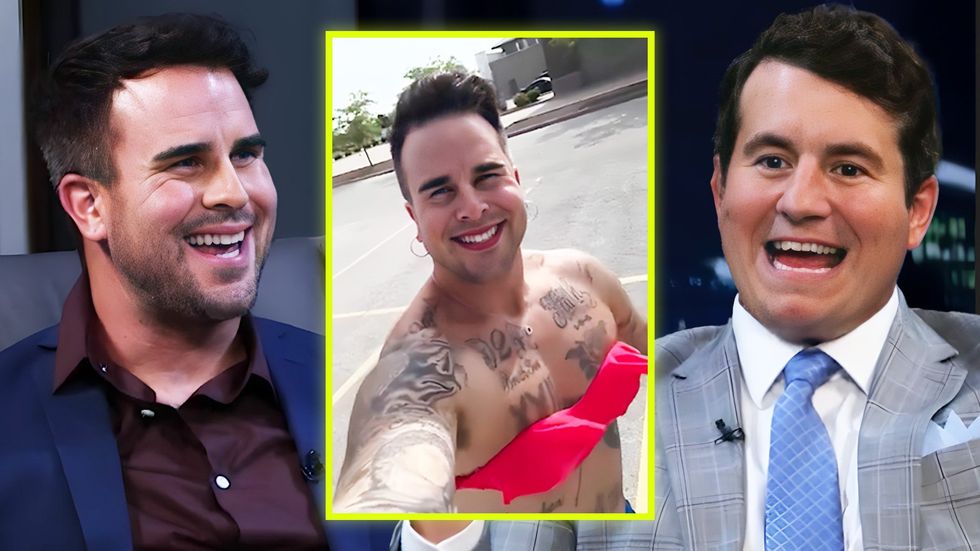Gymnast Livvy Dunne reveals the truth about female-athlete marketing: 'There's not a lot of professional leagues'
Viral gymnast and NCAA champion Olivia Dunne explained the importance of female athletes expanding their brands and marketing opportunities while they are still in college.Dunne, who charges a reported $125,000 per social media post to promote a product, has a name, image, and likeness valuation of about $4 million. Her branding power places her as the second-highest NIL-earning athlete in the country, according to website On3.Dunne's recent sponsorships include monetization platform Passes and a sportswear deal with Nautica. With over 13 million social media followers, she has masterfully monetized her likeness despite being in gymnastics, a sport not typically synonymous with a high income.Opting to attend Louisiana State University for a fifth year, Dunne revealed in a recent interview why staying enrolled as a collegiate athlete is so important to her brand."It's very important to capitalize on your NIL while you're in college if you're a female, because there's not a lot of professional leagues after college for most women's sports," Dunne confessed. "I think that's important, creating a substantial brand that will last post-college," she told the New York Post.Dunne posed for Sports Illustrated in 2023 and has since expressed that her relationship with the brand was one she hoped to monetize after college. This acknowledges that the true marketing value of female NCAA athletes is achieved by reaching beyond their sports and breaking through culturally on social media.Female athletes are seeing the benefit of stretching their NCAA careers as long as possible in order to garner popularity and gather sponsorships, as opposed to turning pro.This is made apparent by NCAA athletes like the Cavinder twins, who have returned to the University of Miami for a fifth year of basketball. The twin sisters are not trailblazers in their sport nor national champions like Dunne, but they have tapped into the influencer space so successfully that they've secured deals with brands like Under Armour.The three-year deal, along with their social media presence, will allow the Cavinders to carry their branding power with them after they leave college athletics.'I feel like social media really can be glamorized, and it can make your life look really glamorous.'The reality is that college female athletes are exposed to greater fanfare in the NCAA through national TV deals, tournaments, and the sheer energy of college campuses.For sports like gymnastics and basketball, the typical endgame would be to become an Olympian or go to the WNBA. However, these offer incredibly limited levels of exposure save for exceptional cases like Olympian Simone Biles or WNBA star Caitlin Clark."Girls don’t know where to start," Dunne said of college women finding NIL deals. She started a fund, the Livvy Fund, at LSU to help female athletes with exactly that.Getting started is sometimes "half the battle," the gymnast continued. "So I definitely want to do something [in NIL] overall, after I'm done at LSU. And hopefully expand beyond LSU and help educate people and just help girls out. ... I've always loved sports. So definitely something in the sports realm."In a recent documentary, Dunne spoke about how social media can shape an athlete's image with her audience."I feel like social media really can be glamorized, and it can make your life look really glamorous when it’s not like that at all times. ... [Viewers] want that inside look on how we balance athletics, school, and now NIL."What this truly means is that female athletes need to fully expand their online presence while choosing a school that offers the most exposure and gives them a chance to grow their audience.Former NCAA swimmer Kaitlynn Wheeler told Blaze News how apparent this new change has been for college athletes. "[NIL deals] have changed how students look at prospective programs," Wheeler said. "The way students are picking their schools and how programs are recruiting. ... It's about going to the school that is going to give athletes the best deal."'There definitely were times where my love for the sport lowered.'Dunne went on to explain that it has become incredibly difficult for her to balance athletics with her rising fame. However, she seemingly realized that gymnastics is the backbone of her brand, resulting in her return to the NCAA for another year."There definitely were times where my love for the sport lowered," she said. "I mean, my sophomore and junior year was quite hard to balance. And with school and athletics, it was just a hard balance and there was nobody I could follow in their footsteps because nobody’s ever done it before. So I kind of just had to carve my own path and find out what works for me."Dunne said she found the love for her sport again, and that was truly the main reason she decided to return to LSU.Like Blaze News? Bypass the censors, sign up for our newsletters, and get stories like this direct to your inbox. Sign up here!
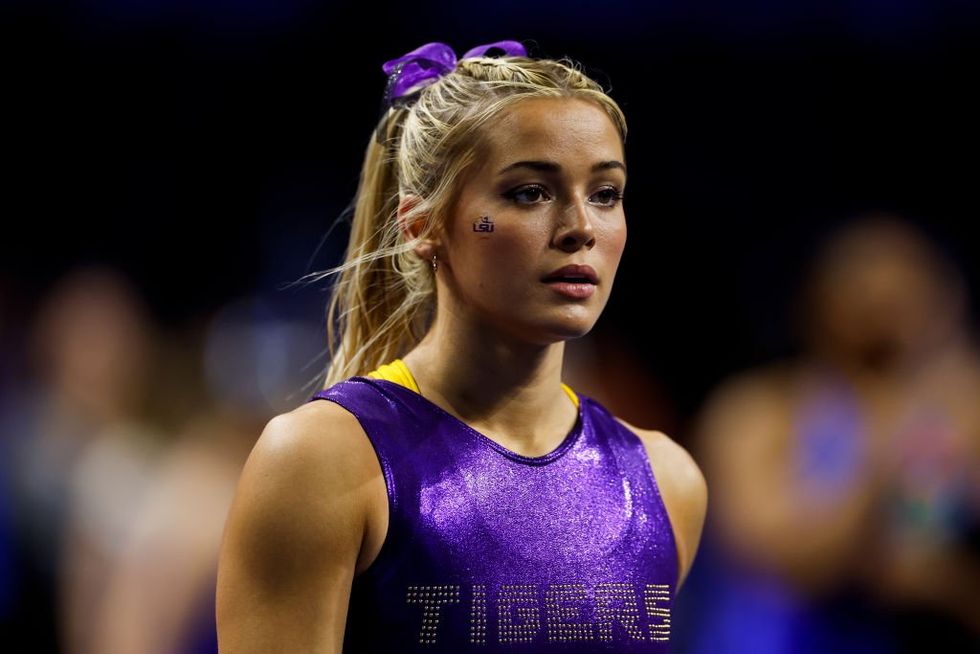

Viral gymnast and NCAA champion Olivia Dunne explained the importance of female athletes expanding their brands and marketing opportunities while they are still in college.
Dunne, who charges a reported $125,000 per social media post to promote a product, has a name, image, and likeness valuation of about $4 million. Her branding power places her as the second-highest NIL-earning athlete in the country, according to website On3.
Dunne's recent sponsorships include monetization platform Passes and a sportswear deal with Nautica. With over 13 million social media followers, she has masterfully monetized her likeness despite being in gymnastics, a sport not typically synonymous with a high income.
Opting to attend Louisiana State University for a fifth year, Dunne revealed in a recent interview why staying enrolled as a collegiate athlete is so important to her brand.
"It's very important to capitalize on your NIL while you're in college if you're a female, because there's not a lot of professional leagues after college for most women's sports," Dunne confessed.
"I think that's important, creating a substantial brand that will last post-college," she told the New York Post.
Dunne posed for Sports Illustrated in 2023 and has since expressed that her relationship with the brand was one she hoped to monetize after college. This acknowledges that the true marketing value of female NCAA athletes is achieved by reaching beyond their sports and breaking through culturally on social media.
Female athletes are seeing the benefit of stretching their NCAA careers as long as possible in order to garner popularity and gather sponsorships, as opposed to turning pro.
This is made apparent by NCAA athletes like the Cavinder twins, who have returned to the University of Miami for a fifth year of basketball. The twin sisters are not trailblazers in their sport nor national champions like Dunne, but they have tapped into the influencer space so successfully that they've secured deals with brands like Under Armour.
The three-year deal, along with their social media presence, will allow the Cavinders to carry their branding power with them after they leave college athletics.
'I feel like social media really can be glamorized, and it can make your life look really glamorous.'
The reality is that college female athletes are exposed to greater fanfare in the NCAA through national TV deals, tournaments, and the sheer energy of college campuses.
For sports like gymnastics and basketball, the typical endgame would be to become an Olympian or go to the WNBA. However, these offer incredibly limited levels of exposure save for exceptional cases like Olympian Simone Biles or WNBA star Caitlin Clark.
"Girls don’t know where to start," Dunne said of college women finding NIL deals. She started a fund, the Livvy Fund, at LSU to help female athletes with exactly that.
Getting started is sometimes "half the battle," the gymnast continued. "So I definitely want to do something [in NIL] overall, after I'm done at LSU. And hopefully expand beyond LSU and help educate people and just help girls out. ... I've always loved sports. So definitely something in the sports realm."
In a recent documentary, Dunne spoke about how social media can shape an athlete's image with her audience.
"I feel like social media really can be glamorized, and it can make your life look really glamorous when it’s not like that at all times. ... [Viewers] want that inside look on how we balance athletics, school, and now NIL."
What this truly means is that female athletes need to fully expand their online presence while choosing a school that offers the most exposure and gives them a chance to grow their audience.
Former NCAA swimmer Kaitlynn Wheeler told Blaze News how apparent this new change has been for college athletes.
"[NIL deals] have changed how students look at prospective programs," Wheeler said. "The way students are picking their schools and how programs are recruiting. ... It's about going to the school that is going to give athletes the best deal."
'There definitely were times where my love for the sport lowered.'
Dunne went on to explain that it has become incredibly difficult for her to balance athletics with her rising fame. However, she seemingly realized that gymnastics is the backbone of her brand, resulting in her return to the NCAA for another year.
"There definitely were times where my love for the sport lowered," she said. "I mean, my sophomore and junior year was quite hard to balance. And with school and athletics, it was just a hard balance and there was nobody I could follow in their footsteps because nobody’s ever done it before. So I kind of just had to carve my own path and find out what works for me."
Dunne said she found the love for her sport again, and that was truly the main reason she decided to return to LSU.
Like Blaze News? Bypass the censors, sign up for our newsletters, and get stories like this direct to your inbox. Sign up here!
Originally Published at Daily Wire, World Net Daily, or The Blaze
What's Your Reaction?















